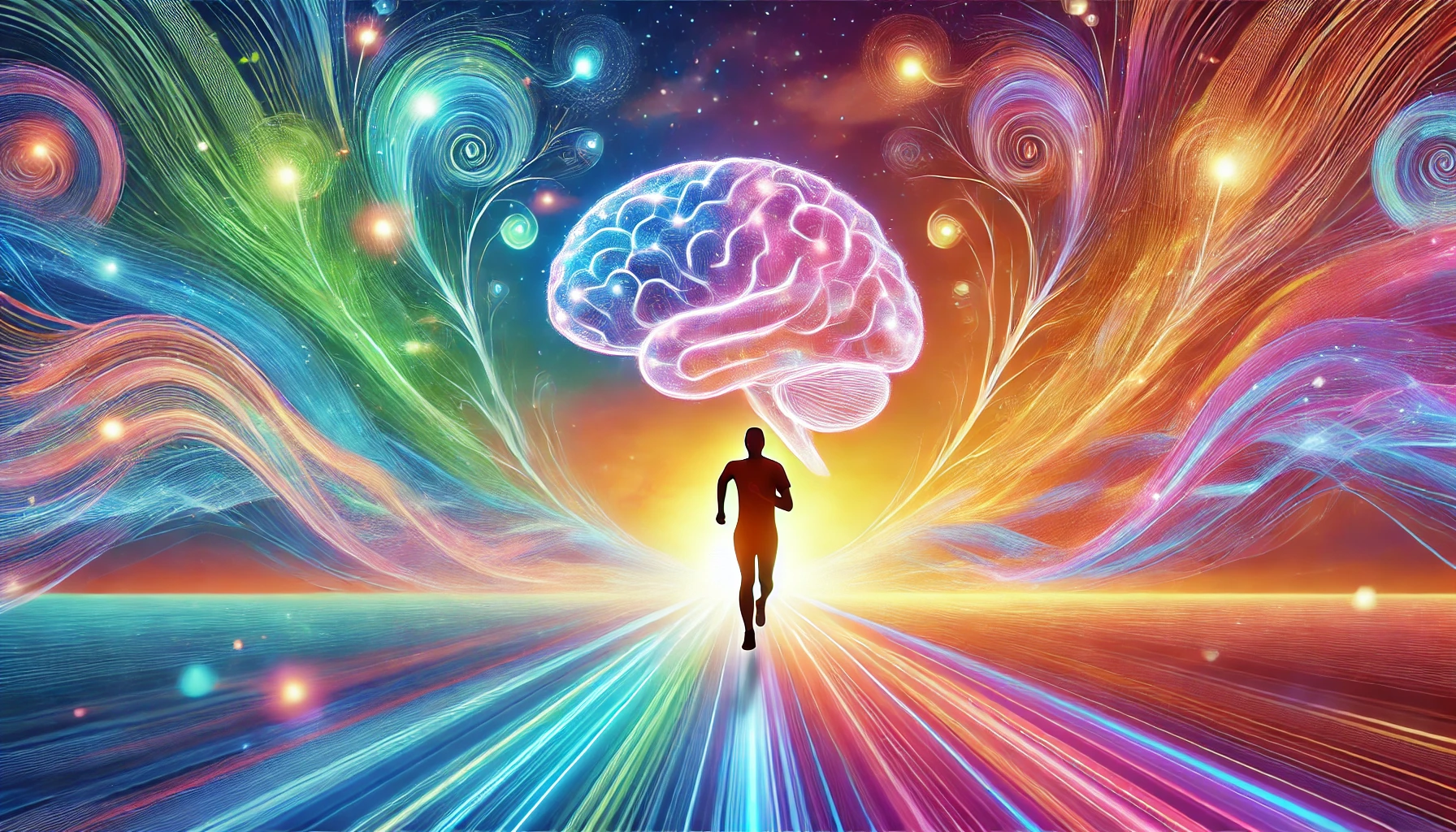Have you ever heard the phrase, “A healthy mind lives in a healthy body”? It turns out there is a lot of truth to that! Exercise is not just about getting ripped abs or running a marathon; it is a powerful tool for mental health. Whether you are battling stress, anxiety, or just looking for a happiness boost, exercise might be the natural remedy you need.
In this article, we will explore how exercise impacts mental health, the science behind it, and how you can start incorporating exercise into your daily routine to reap the mental health benefits. Let’s dive in!
Why Exercise is the Ultimate Mood Booster
1. Exercise Releases “Feel-Good” Chemicals
When you work out, your brain releases a cocktail of endorphins, dopamine, and serotonin—chemicals that make you feel good. This natural high is why a post-workout glow is not just in your head. It literally is your brain rewarding you for moving your body.
2. Reduces Stress Like a Pro
Had a tough day? Sweating it out can help. Exercise lowers levels of cortisol (the stress hormone) and helps your body handle tension more effectively. It is like telling your stress to take a hike—literally.
3. Improves Sleep Quality
Struggling with sleep? Regular physical activity can help you fall asleep faster, stay asleep longer, and enjoy deeper sleep. Good sleep and mental health go hand in hand, so this is a win-win.
Call to Action: Feeling overwhelmed? Try a quick 10-minute walk to start reaping these benefits today!
The Science of Exercise and Mental Health
How Exercise Affects the Brain
Exercise increases blood flow to the brain and promotes the growth of new neurons in areas associated with memory, focus, and emotion regulation. It is like giving your brain a workout, too!
Brain Boosting Benefits:
- Enhanced memory and cognitive function
- Increased resilience to stress
- Improved emotional stability
Studies on Exercise and Mental Health
Countless studies back the connection between exercise and improved mental well-being. For instance, a study in the Journal of Psychiatry found that just 30 minutes of moderate exercise, three times a week, significantly reduced symptoms of depression and anxiety.
Fun Fact: Did you know that exercise has been shown to be as effective as antidepressants for some people? No prescription required!
Types of Exercise for Mental Health
Not all exercises are created equal, but the good news is that there is something for everyone. Here is a breakdown of exercises and how they can benefit your mental health:
1. Aerobic Exercise (Cardio)
Running, cycling, swimming, or even dancing can pump up your heart rate and mood. Aerobic exercise is fantastic for reducing anxiety and releasing those feel-good chemicals.
2. Strength Training
Lifting weights or bodyweight exercises can improve your confidence and reduce symptoms of depression. Plus, who does not love feeling strong?
3. Mind-Body Exercises
Yoga, Pilates, and tai chi combine physical movement with mindfulness. These exercises are perfect for stress relief and mental clarity.
4. Outdoor Activities
Hiking, jogging in the park, or playing sports outdoors can amplify the mental health benefits of exercise, thanks to exposure to nature and fresh air.
Call to Action: Choose an activity you love and commit to doing it three times this week. Your brain will thank you!
Tips for Getting Started
1. Start Small
You do not need to run a marathon. Begin with just 10-15 minutes a day and build from there.
2. Find What You Enjoy
Hate running? Do not force it. Try dancing, swimming, or even rollerblading. The key is to find joy in movement.
3. Buddy Up
Exercising with a friend can make the experience more fun and keep you motivated.
4. Make it a Routine
Consistency is key. Schedule your workouts like appointments you cannot miss.
Pro Tip: Combine exercise with other habits like listening to your favorite podcast or enjoying a smoothie post-workout for double the joy.
Overcoming Common Barriers
“I do not have time!”
Even a 10-minute walk can help. Break it into smaller chunks if needed.
“I am too tired!”
Ironically, exercise can boost your energy. Start with light activities like stretching.
“I hate exercise!”
Think outside the gym. Dance in your living room, play with your kids, or try a new sport.
Call to Action: Write down one barrier that stops you from exercising and a solution to overcome it.
The Long-Term Mental Health Benefits
1. Builds Resilience
Regular exercise trains your mind to handle challenges and bounce back from setbacks.
2. Fosters Self-Esteem
Achieving fitness goals, no matter how small, can significantly boost your confidence.
3. Promotes Social Connections
Group classes, sports teams, or even just walking with a friend can improve your social life and reduce feelings of loneliness.
Call to Action: Take the first step today. Your future self will thank you.
Conclusion
Exercise is not just about looking good; it is about feeling good—mentally and emotionally. Whether you are battling a tough time or simply want to elevate your happiness levels, moving your body is one of the best things you can do for your mental health.
So, lace up those sneakers, grab a friend, or turn up your favorite playlist, and let us get moving. The benefits await, and your mind will thank you for it.
Call to Action: What is your favorite way to exercise? Share it in the comments below and inspire others to get moving!
